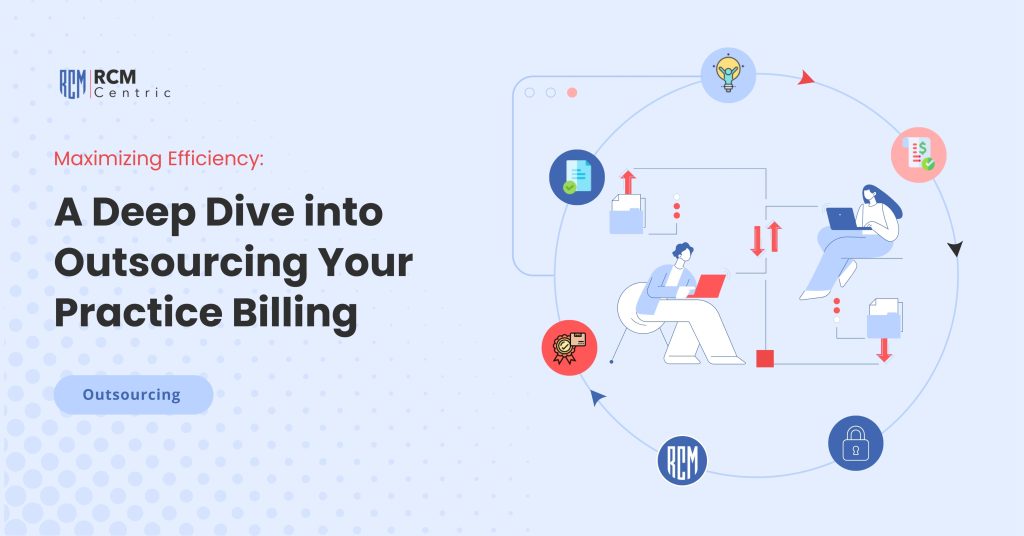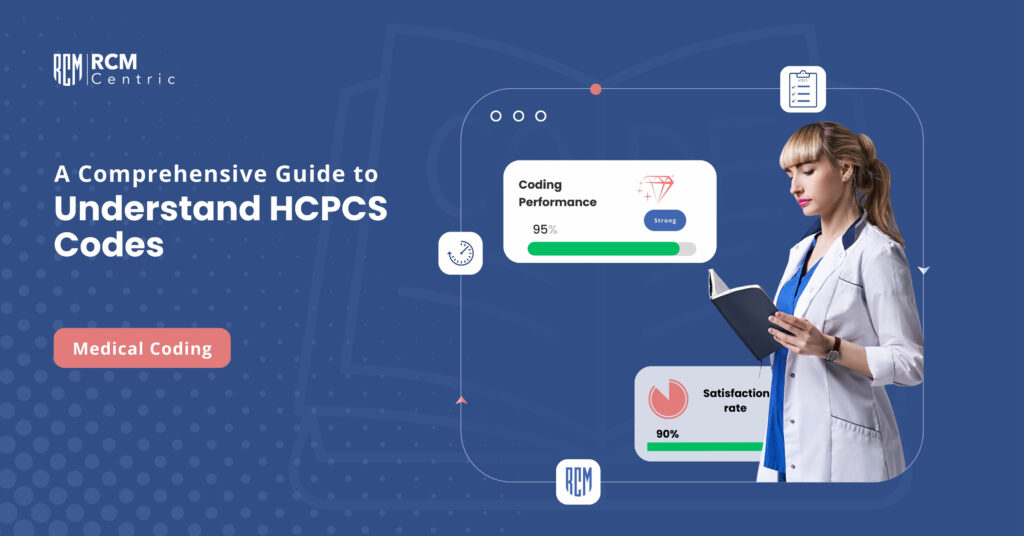Outsourcing medical billing has become an increasingly popular option for healthcare practices of all sizes. It involves hiring a third-party company to handle the complex and time-consuming billing and claims management task. This article explores the outsourcing process, its pros, cons, and costs, provides a breakdown of costs, and offers insights into how much you can expect to spend on outsourcing your practice’s billing.
What It’s Like to Outsource Your Practice Billing
Outsourcing your practice billing can be a transformative experience for healthcare providers. It involves entrusting a third-party company with the responsibility of managing billing and claims, allowing the practice to focus more on patient care.
Here’s a detailed look at what it’s like to outsource your practice billing:
1 – Initial Setup and Transition
• Selection of a Billing Partner
• Contract and Agreement
• Data Transfer and Integration
• Staff Training and Communication
2 – Benefits Experienced
• Increased Focus on Patient Care
• Improved Cash Flow
• Enhanced Compliance
• Cost Savings
3 – Daily Operations
• Claim Submission and Processing
• Handling Denials and Rejections
• Patient Billing and Collections
• Reporting and Analytics
4 – Potential Challenges
• Communication Issues
• Loss of Immediate Control
• Dependence on the Billing Company
• Data Security Concerns
Pros of Outsourcing Medical Billing
Cost Savings: One of the most significant advantages is the potential for cost savings. Outsourcing can reduce overhead expenses for hiring, training, and maintaining in-house billing staff. Practices can save on salaries, benefits, and office space.
Increased Efficiency: Third-party billing companies specialize in medical billing and are well-versed in the latest coding and billing regulations. This expertise can lead to quicker claim submissions and fewer errors, resulting in faster reimbursements.
Focus on Patient Care: Outsourcing billing allows healthcare providers to focus more on patient care than administrative tasks. This shift can improve patient satisfaction and overall practice efficiency.
Access to Advanced Technology: Many billing companies invest in the latest technology and software to manage billing processes. Practices can benefit from these advanced tools without making significant investments themselves.
Compliance and Risk Management: Medical billing companies stay updated with the ever-changing healthcare regulations and compliance requirements. This vigilance can reduce the risk of non-compliance and associated penalties.
Cons of Outsourcing Medical Billing
Loss of Control: Outsourcing means relinquishing some control over the billing process. Practices may feel disconnected from the financial aspects of their operations.
Data Security Concerns: Sharing sensitive patient information with a third party can raise data security and confidentiality concerns. It’s crucial to choose a reputable company with robust security measures in place.
Dependency on the Billing Company: Relying on an external company can be risky if the provider faces operational issues or if the contract is terminated unexpectedly.
Initial Transition Challenges: Switching from in-house to outsourced billing can be challenging and may involve a learning curve and initial disruptions.
Cost of Outsourcing Medical Billing
The cost of outsourcing medical billing can vary widely based on several factors, including the size of the practice, the volume of claims, and the complexity of services required. Here are some standard pricing models:
1 – Percentage-Based Pricing:
Many billing companies charge a percentage of the collected revenue, typically ranging from 2% to 10%. For instance, if your practice collects $100,000 monthly and the billing company charges 7%, your monthly cost would be $7,000.
See the example based on your in-house expenses:
In-House Practice:
Number of Employees: 6
Monthly Salaries: $24,000.00
Monthly Benefits: $3,600.00
Office Misc Expenses: $4,950.00
Monthly Collection: $150,000.00
Billing Company
Outsourcing Fee: 2.49%
Monthly Cost: $3,735.00
Monthly Saving: $71,565.00
Yearly Cost: $903,600.00
Yearly Savings: $858,780.00
2 – Flat Fee Pricing: Some companies offer a flat monthly fee, ranging from $3,000 to $10,000 or more, depending on the practice size and volume of services.
3 – Hybrid Pricing: A combination of percentage-based and flat fee pricing. For example, a company might charge a lower percentage fee with a small monthly retainer.
4 – Per-Claim Pricing: It’s less common, but some companies charge a fee per processed claim, typically between $3 and $10 per claim.
Conclusion
Outsourcing medical billing can offer significant benefits, including cost savings, improved efficiency, and enhanced focus on patient care. However, it is essential to weigh these advantages against potential drawbacks, such as loss of control and data security concerns. By carefully evaluating costs and selecting a reputable billing company, healthcare practices can make an informed decision that best suits their needs and ensures optimal financial management.











